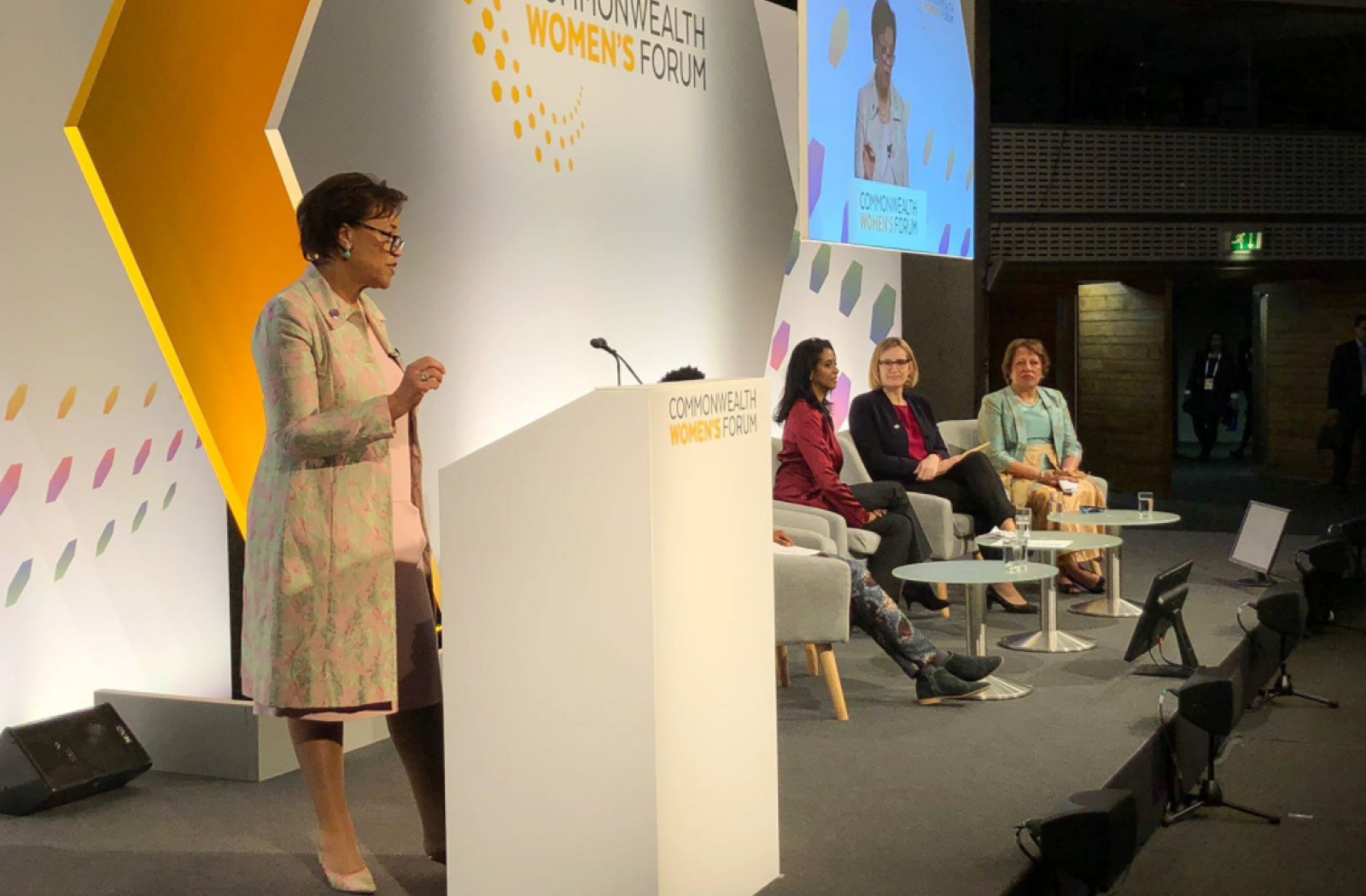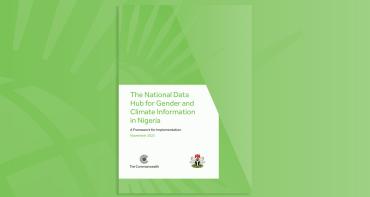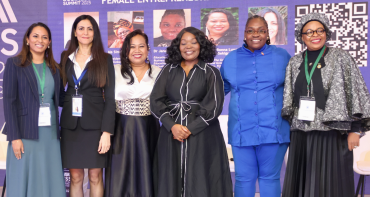A group of ministers, lawmakers, police officers, experts and campaigners have urged Commonwealth countries to use tried-and-tested measures to bring an end to gender-based violence.

In their discussions at an online event hosted by the Commonwealth Secretariat on 4 June 2024, the group set forth a set of concrete measures to better protect women and girls in the 56 Commonwealth countries, home to 2.5 billion people.
Targeted measures
The specific measures include abolishing discriminatory gender laws, setting up specialised police stations, increasing funding for support services, and using education to combat misogynistic attitudes.
Globally, one in three countries lack protections against sexual harassment and violence in the workplace. The group called on all countries to ratify the International Labour Organization’s convention on workplace violence and harassment.
Currently, less than a third of Commonwealth countries have ratified the convention, which requires states to develop laws prohibiting workplace violence and provide support to victims.
Their proposals will be included in the Commonwealth Women’s Forum report, which will be presented to leaders at their upcoming biennial meeting in Samoa to guide their decision-making on tackling gender-based violence.
‘A horrifying reality’
Addressing the event, the Commonwealth Secretary-General, the Rt Hon Patricia Scotland KC, called violence against women and girls as a “horrifying reality”.
She continued:
“Gender-based violence is not inevitable, yet despite the progress we have made in laws, policies, and programmes, it continues to affect one in three women in their lifetime. This violence is pernicious and devastating, and we must intensify our efforts to end it.
“Through the Commonwealth Women’s Forum, we are bringing together people from all walks of life to identify and implement practical actions which each of us can take to make our homes, workplaces, and communities places of safety for women and girls. This is the only way to achieve a world where everyone can live free of violence.”
In her remarks, Hon Mulipola Anarosa Ale Molioo, Samoa’s Minister of Women, Community and Social Development, said: “Today, we engage in more than a discussion. We embark on a critical exploration of effective strategies to end violence, a scourge that undermines the fabric of our society.”
She also highlighted Samoa’s ‘So Talk’ initiative, which educates men and boys on positive behaviours to end violence within their communities.
Parallel sessions
The event featured three parallel sessions focusing on creating an enabling environment to end violence, engaging men and boys, and ensuring safety at work.
During the sessions, experts from around the Commonwealth presented a long list of progressive policies and practices that other countries could adopt.
Julia Jaeger from the International Association of Women Police drew attention to women-only police stations operating in Bangladesh and Pakistan, which ensure victims, including transgender people, feel safe and supported to report violence.
“It is not just domestic violence… It is a serious crime, it is murder,” she told delegates, encouraging countries to use the United Nations handbook on gender-responsive police services to enhance law enforcement support for victims.
‘Timely opportunity’
Hon Myles K. Laroda, The Bahamas’ Minister of Social Services, Information and Broadcasting, described the event as a “timely opportunity” to exchange good practices.
He shared successful initiatives from The Bahamas, including a special domestic violence taskforce assisting survivors and local councils of community leaders addressing harmful attitudes.
Silas Ngayaboshya, Director-General at Rwanda’s Ministry of Gender, stressed the need to engage men and boys as active allies rather than passive participants.
“We should enable men and boys to understand how they benefit from gender equality,” he said, inviting countries to use proven tools to engage them.
Drawing from her organisation’s work in India, Sneh Aurora from the Commonwealth Human Rights Initiative urged countries to create easy-to-follow guides for victims on reporting violence, while stressing that those resources should be informed by the lived experiences of survivors.
The event was part of the upcoming Commonwealth Women’s Forum, to be held alongside the 2024 Commonwealth Heads of Government Meeting this October.
Read a summary record of the event
Media contact
-
Snober Abbasi, Senior Communications Officer, Communications Division, Commonwealth Secretariat



